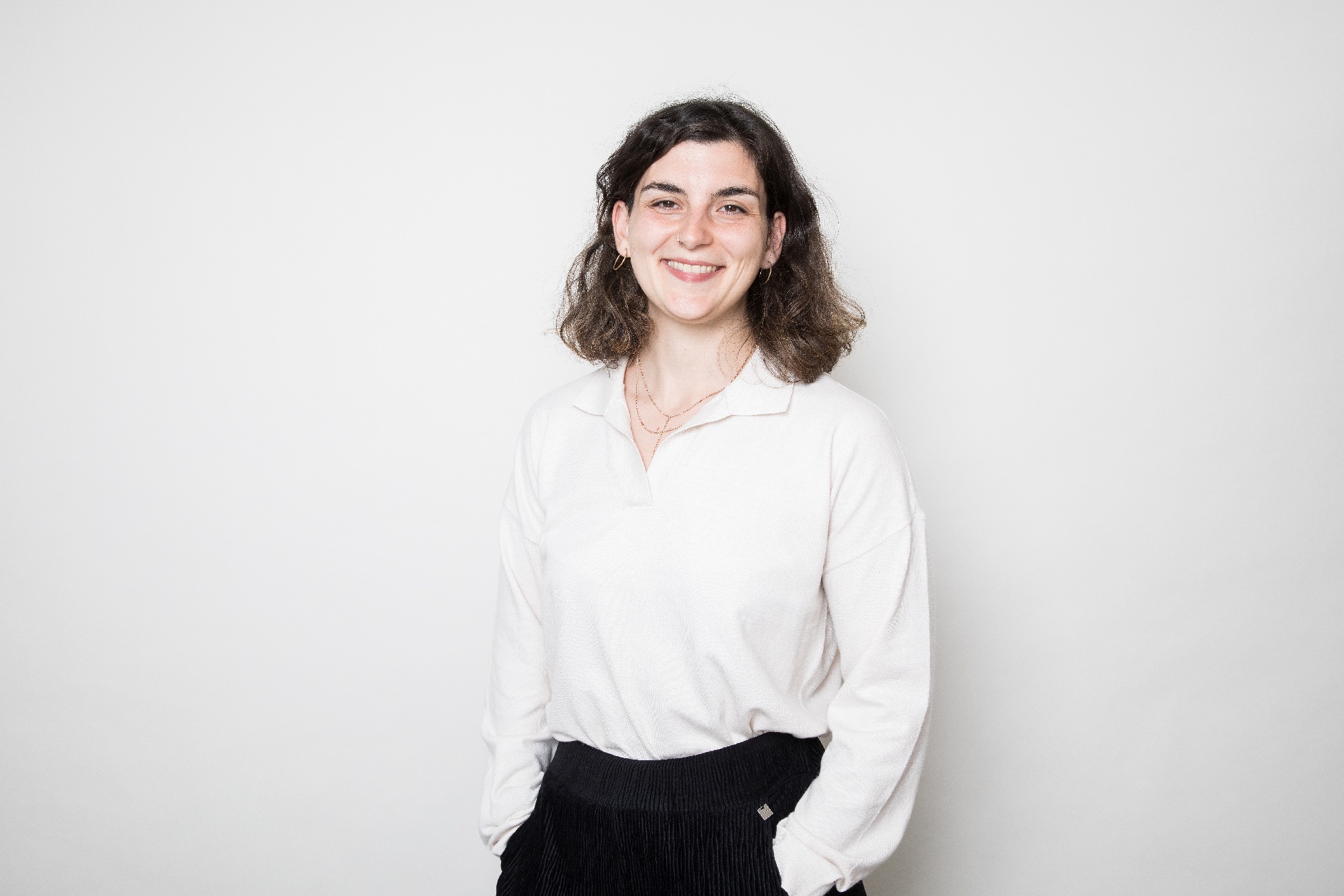
Strong partners on a world-class science campus
For more than sixty years, scientists of Universität Hamburg and Deutsches Elektronen-Synchrotron (DESY) have been collaborating in numerous research fields. With their strategic “Partnership for Innovation, Education and Research” (PIER) the two institutions entered a new level of cooperation.
PIER focuses on four research fields that are of particular importance for both DESY and Universität Hamburg on the science campus Bahrenfeld: particle and astroparticle physics, nanoscience, photon science and infection and structural biology. Additional interdisciplinary competence areas are theoretical physics and accelerator research. In 2023, artefact profiling was added to the portfolio as a PIER Emerging Topic. Under the umbrella of PIER, DESY and Universität Hamburg jointly provide funding for cross-institutional research projects, promote high-quality education of junior scientists, and foster an innovation-friendly culture on campus.
Partnership for Innovation, Education and Research
Deutsches Elektronen-Synchrotron (DESY) is one of the world’s leading accelerator centres. Researchers use the large-scale facilities at DESY to explore the microcosm in all its variety – from the interactions of tiny elementary particles and the behaviour of new types of nanomaterials to biomolecular processes that are essential to life.
As one of Germany’s largest research and educational institutions, Universität Hamburg combines a diverse curriculum with excellent research. The University was extraordinarily successful in the Excellence Strategy of the Federal and State Governments, a competition for top-level university research funding. Four clusters of excellence were granted funding, and Universität Hamburg was granted the status of a University of Excellence for its role as a flagship university.

A perfect place for growing knowlegde, ideas and interdisciplinary exchange
All PIER activities revolve around the science campus in Hamburg Bahrenfeld with its world-class research facilities. Among them are DESY’s extremely brilliant X-ray synchrotron radiation source PETRA III (which, in the very near future, will be complemented by the ultimate 3D X-ray microscope for nanoresearch, PETRA IV), the free-electron laser FLASH and the world’s most powerful X-ray free-electron laser European XFEL.
The campus will be the nucleus of Science City Hamburg Bahrenfeld – one of Hamburg’s most ambitious urban planning projects. The aim is to combine top-level international research, university education and innovative companies with vibrant residential quarters and thereby develop Hamburg into a world-class hub for science. Key pillars are the further expansion of DESY and Universität Hamburg research facilities as well as the permanent establishment of the university's physics, chemistry and (parts of the) biology departments on campus. In this environment innovative startups and new technologies can thrive in close proximity to science.
Apart from its excellence in science, Hamburg is an attractive destination also in other respects. Located between the North and Baltic seas on the banks of the river Elbe, Hamburg is Germany’s biggest port city. Due to its long-standing tradition as a hub for global trade routes, Hamburg is a cosmopolitan, diverse and extremely liveable city with much to offer to its citizens and visitors.
Campus facts
500
DOCTORAL RESEARCHERS
Around 500 doctoral researchers from physics, chemistry, biology and neighbouring sciences work in research groups on campus. More than half of them are from abroad.
3,000+
GUEST RESEARCHERS
Over 3,000 international researchers from more than 40 different countries come to the science campus Bahrenfeld every year to do research at one of the facilities.
16,288 M
ACCELERATORS
The total length of all the accelerator tunnels is 16,288 metres. They extend far into Hamburg’s Volkspark and into the state of Schleswig-Holstein.
1.9
FEMTOSECONDS
In 2019, researchers at DESY produced the shortest pulse of UV laser light in the world: 1.9 femtoseconds (trillionths of a second).
»I never regret to come to Hamburg because it has become my second home.«
Dr. Georgia Paraskaki | Learn more

»I never regret to come to Hamburg because it has become my second home.«
Dr. Georgia Paraskaki | Learn more
Join our large research network of PIER Scientists
Are you interested in receiving information on open calls, workshops, talks and seminars offered by PIER? By registering as a PIER Scientist, you will become part of our large network of campus-based researchers from the PIER research and competence fields. We will keep you in the loop about all PIER activities in the areas of innovation, education and research, giving you the opportunity to apply for research funding with PIER or take part in one of our networking or professional development activities.
Eligible for registration as PIER Scientists are researchers from the PIER research and competence fields who are members of DESY, Universität Hamburg, or one of the PIER partner institutions on the Hamburg Bahrenfeld campus (e.g. EMBL, MPSD, European XFEL GmbH etc.). PIER Scientists are informed about all PIER calls, services, and events by email. Registration as a PIER Scientist is a prerequisite for any PIER Idea Fund application.
Please note: If you are a member of the PIER Helmholtz Graduate School (PHGS) you have already been registered as a PIER Scientist.
You are starting a doctorate at DESY or Universität Hamburg and want to become a member of PHGS? Please click here for more information.




